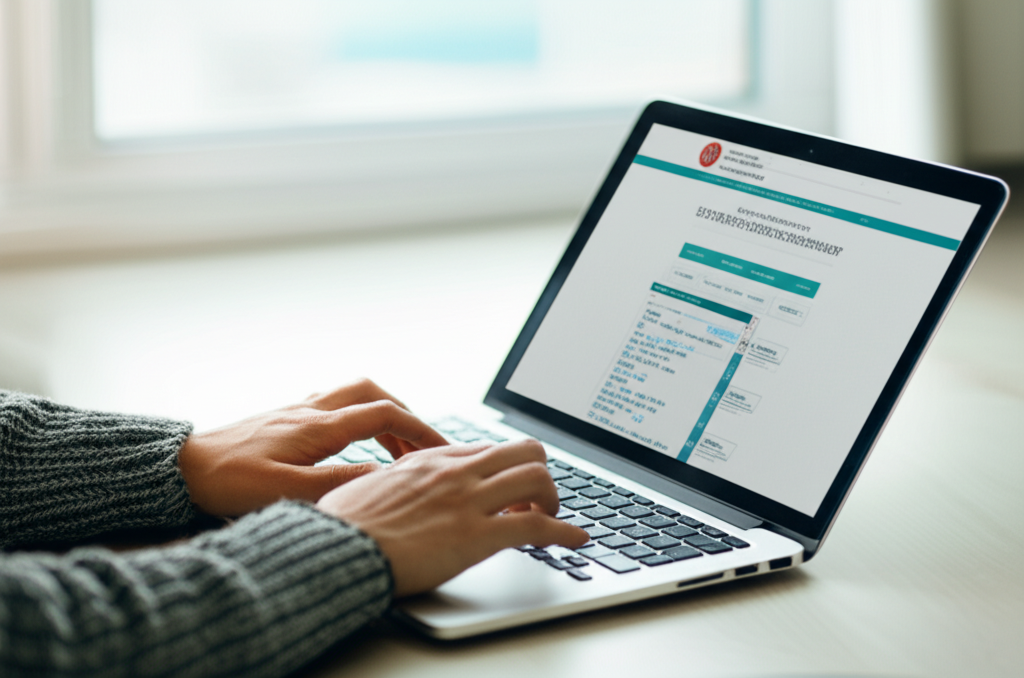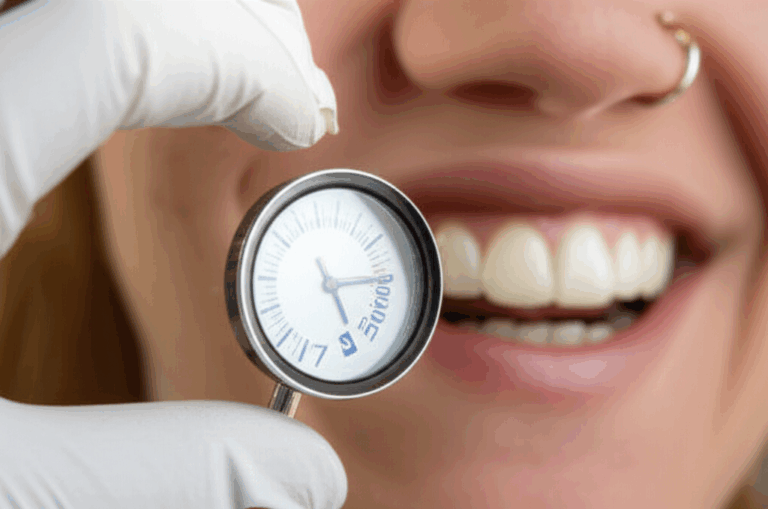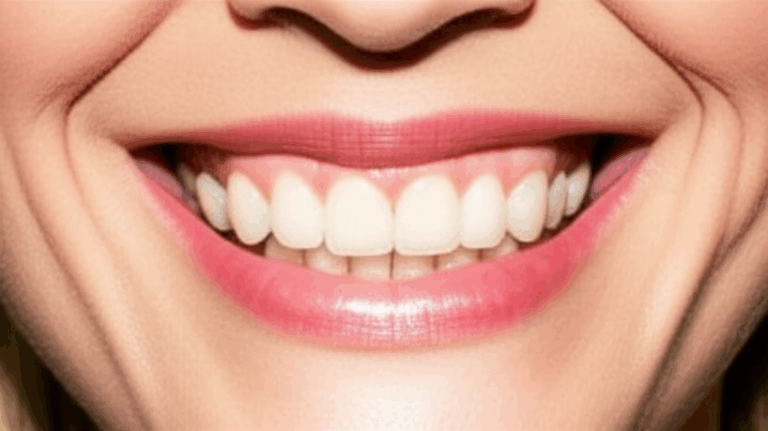
How to Verify a Dentist’s Credentials: Your Essential Guide to Safe Dental Care
Do you really know who is working inside your mouth?
When it comes to your smile, you want a dental professional who is fully qualified, licensed, and trustworthy. This article shows you simple steps to check a dentist’s credentials, so you can get safe dental care from a real expert. With easy tips, real facts, and smart ways to spot warning signs, you’ll learn how to make the best choice for you and your family.
Table of Contents
Why Should I Check a Dentist’s Credentials?
Let’s be honest for a second. Picture yourself walking into a dental office. The dentist has a white jacket and talks like they know everything. But how do you know they’re a real, licensed dentist?
Here’s the deal: Some people pretend to be dentists. Others got in trouble and lost their license.
It’s your mouth, your health, your money. You shouldn’t have to wonder if your dentist is who they say they are. Checking a dentist’s details helps protect you from bad service, trouble with the law, or getting hurt. It also helps you feel calm, knowing your dental care meets all the rules.
What Are Dental Credentials?
If you’re like me, maybe you thought a “credential” was just a diploma on the wall. But there’s more to it!
Dental credentials include:
- An active state dental license
- A degree from an approved dental school
- Extra specialty training (for orthodontists, oral surgeons, and so on)
- Board certification for certain specialists
- No big discipline problems or malpractice history
- Continuing learning (so they stay up to date)
These things show your dentist follows the rules, acts right, and keeps up with new dental care and safety tools.
What is a State Dental License and Why Does It Matter?
A license is the law!
Every dentist in the USA needs a real, up-to-date license from the state. No license, no permission to treat patients.
What’s in a dental license?
You’ll see:
- The day the license was started
- The status now (active, expired, taken away)
- Any limits or special rules
- Which state gave them the license
This means the dentist finished dental school, passed tests, and follows the state’s dental board rules to keep people safe.
How Can I Check If My Dentist is Licensed?
No need to stress—it’s pretty simple.
You can look up almost any dentist online, for free, using your state’s dental board website. Here’s what I do:
Step-by-Step Dental License Check
Just type “[Your State] dental license lookup” in your search engine.
Put in the dentist’s first and last name.
- Is the license active?
- Are there any discipline problems?
- Is the dentist allowed to work in your state?
Table: Example State Dental Board Websites
| State | License Lookup Website |
|---|---|
| California | dental.ca.gov |
| Texas | tsbde.texas.gov |
| New York | op.nysed.gov/prof/dent |
| Florida | floridasdentistry.gov |
If a dentist doesn’t show up in your state’s list, be careful. They may not have permission to work in your state.
What Education and Training Should a Dentist Have?
Ever see those letters after a dentist’s name?
They’ll usually say “DDS” or “DMD.” This means Doctor of Dental Surgery or Doctor of Dental Medicine. Both mean the dentist finished an approved dental school.
What About Extra Training?
Some dentists do more than just cleaning and fixing teeth. If they call themselves a specialist (like an orthodontist or oral surgeon), they should also have:
- Extra years of training (a residency or similar program)
- Proof from official specialty groups
You can always ask your dentist where they learned and trained. A good dentist is happy to tell you!
What is Board Certification and Who Needs It?
Not every dentist is board certified—and that’s okay for regular checkups and fillings. But if your dentist is a specialist, board certification shows they have more skills.
What does board certified mean?
It means a dentist passed more tests to show they know a lot about one area (like braces or kids’ teeth).
How do you check board certification?
- American Board of Dental Specialties
- American Association of Orthodontists
- American Association of Oral and Maxillofacial Surgeons
Use their directory and search for your dentist’s name.
How Can I Find Out About Disciplinary Actions or Complaints?
What if a dentist has been sued lots of times, had lots of complaints, or lost big court cases?
Wouldn’t you want to know before you see them?
Here’s two good ways to check:
- Check their public records for anything bad like suspensions, fines, or losing their license.
- Big problems (like hurting patients, lying, or stealing) are usually posted for the public.
- The NPDB collects reports on bad dentists from all over the country.
- But you can’t use it—it’s only for hospitals, insurance, and the dental boards.
If you can’t find answers, ask the dental office if there have been any complaints or court cases.
Which Dental Organizations and Affiliations Are Important?
Being a part of good dental groups shows your dentist cares about doing things right and keeps learning.
Some groups to look for:
- American Dental Association (ADA): Makes the code for dentists to follow.
- State and local dental groups: Give new info and news to dentists.
- Specialty groups: Show they have more training in things like braces or surgeries.
Dentists who are members of these groups are more likely to follow rules and learn new ways to help you.
What Do Patient Reviews Say? Should I Trust Them?
You can get lots of info from other patients, but don’t believe everything you read online.
Where should I check reviews?
- Google Reviews
- Healthgrades
- Yelp, Zocdoc, WebMD
What should you look for?
- Patterns (like many people saying the staff is rude or visits are painful)
- What people say about safety, clean, and honest
- If and how the dentist answers reviews
Reviews help, but the files and records are more important if you worry about rules or safety.
Tip: Want to see what other dental labs are doing right? Check out china dental lab, a leader in dental care and happy users!
What Red Flags Should I Watch Out For When Choosing a Dentist?
Being a smart patient means knowing when to walk away. Big warning signs are:
- No real license in your state, or license is expired, suspended, or taken away
- Lots of or serious discipline problems (not just one small thing)
- No sign of dental school or more training
- Reviews that say the care is unsafe, hurts a lot, or the staff isn’t nice
If you see any of these, think about going to someone else.
How Does Checking Credentials Help Me Stay Safe?
Think about this: When your dentist does the right steps, you’re less likely to get sick, have a bad surgery, or be hurt for a long time.
Good credentials mean:
- The dentist knows how to find dental problems early
- They use safe, tested tools and supplies
- They treat you kindly and fairly
- You save money in the long run
Dentists who work with good labs—like digital dental lab for new tools or crown and bridge lab for custom teeth—will help you get great results from start to finish.
FAQ
Q: Are all dentists board certified?
A: No. Board certification is only for specialists.
Q: How often should I check my dentist’s license?
A: Check if you visit a new dentist, change dentists, or notice anything strange.
Q: What if I find out my dentist isn’t licensed?
A: Leave right away and tell your state dental board!
Q: Where do I report a bad dentist?
A: Start with your state dental board. You can also tell the ADA or your local dental group.
Summary: The Most Important Things to Remember
- Always check your dentist’s real state license
- Look for their education, school, and any specialty training
- Find out if they’ve had trouble with law or patients
- Being in real dental groups is a good sign
- Reviews can help, but records mean more
- If you see big warning signs, go somewhere else
- Good care often uses good labs, like emax dental lab or zirconia labs for strong, safe teeth
So don’t just hope your dentist is good—make sure, and stay safe!
References:
- American Dental Association (ADA)
- State Dental Board websites
- National Practitioner Data Bank
- Commission on Dental Accreditation (CODA)
- American Board of Dental Specialties (ABDS)
- Google Reviews, Healthgrades, WebMD
Take care of your mouth and health: make safe, informed choices for happy, healthy smiles for years to come.








